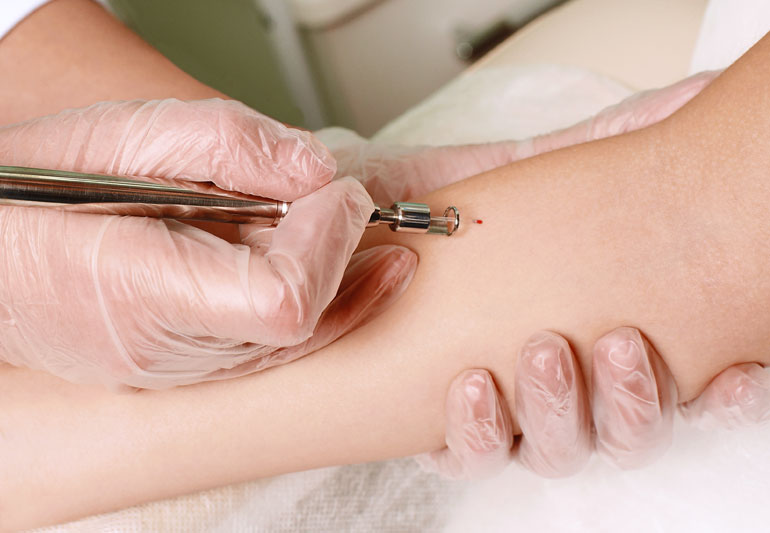Seven Risk Factors for Skin Cancer
Skin cancer can affect anyone, but there are people more prone to developing the condition than others. You can learn more about the risk factors from Coral Gables dermatology services, which offers detailed information on these risk factors. You may never be sure what increases your likelihood until you seek medical evaluation. You can choose regular checkups with your skin doctor if you start showing abnormal skin conditions. Skin cancer has a better chance of going away if found early.
Family History
Genetics can influence the development of skin cancer, especially if you have a family history of skin cancer. Melanoma type of skin mostly occurs because of the family’s recorded history of skin cancer. You are also likely to develop more skin cancer if you have ever had one before, putting you at the top of the list.
Ultraviolet Rays Exposure
The sun emits UV rays that may cause damage to your skin cells if you have too much exposure. Your skin usually responds to these rays by tanning, meaning that you may be receiving excess radiation. People with frequent sunburns and who use tanning beds also have an increased risk of developing skin cancer.
Multiple Moles
Moles may be harmless, but having several of them puts you at risk of developing skin cancer, especially melanoma. You may develop many moles because of genetic factors and continuous exposure to UV radiation. Additionally, unusual moles, also known as dysplastic naevi, can increase your risk of melanoma skin cancer.
Weak Immune System and Immunosuppression Medications
Persons with weak immune systems are at great risk of having skin cancer because their bodies cannot fight diseases easily. People who take immunosuppressant medications after an organ transplant may also easily develop skin cancer.
Fair Skin Type
Anyone can get skin cancer. However, if you have less skin pigment to protect you from UV radiation, you are more likely to develop skin cancer. Red hair, light-colored eyes, and skin that get sunburns easily put you at risk of skin cancer more than a person with darker skin.
Precancerous Skin Lesions
Actinic keratoses are skin lesions that make the skin appear rough and have scaly patches of different colors. The precancerous skin growths mostly appear on the face, hands, and head of people with sun-damaged skin. Therefore, having these lesions exposes you to developing cancer easily.
High-Altitude Climate Areas
Living in sunny and warm climates means you are constantly exposed to the sun more than those in cold climate areas. Strong radiation from the sun emits more radiation which damages your skin easily. Therefore, you can easily be affected by skin cancer. Additionally, spending a lot of time outside without sun protection in these warm climate regions exposes your skin to cancer.
The team at Martha Viera Dermatology can educate you on the potential causes of skin cancer. They can evaluate your skin in every routine checkup to determine if you may develop the condition in the future, therefore regulating your treatment plan. You will get clear guidelines on the factors to consider so you can avoid skin cancer. Call the facility today to schedule your appointment.


